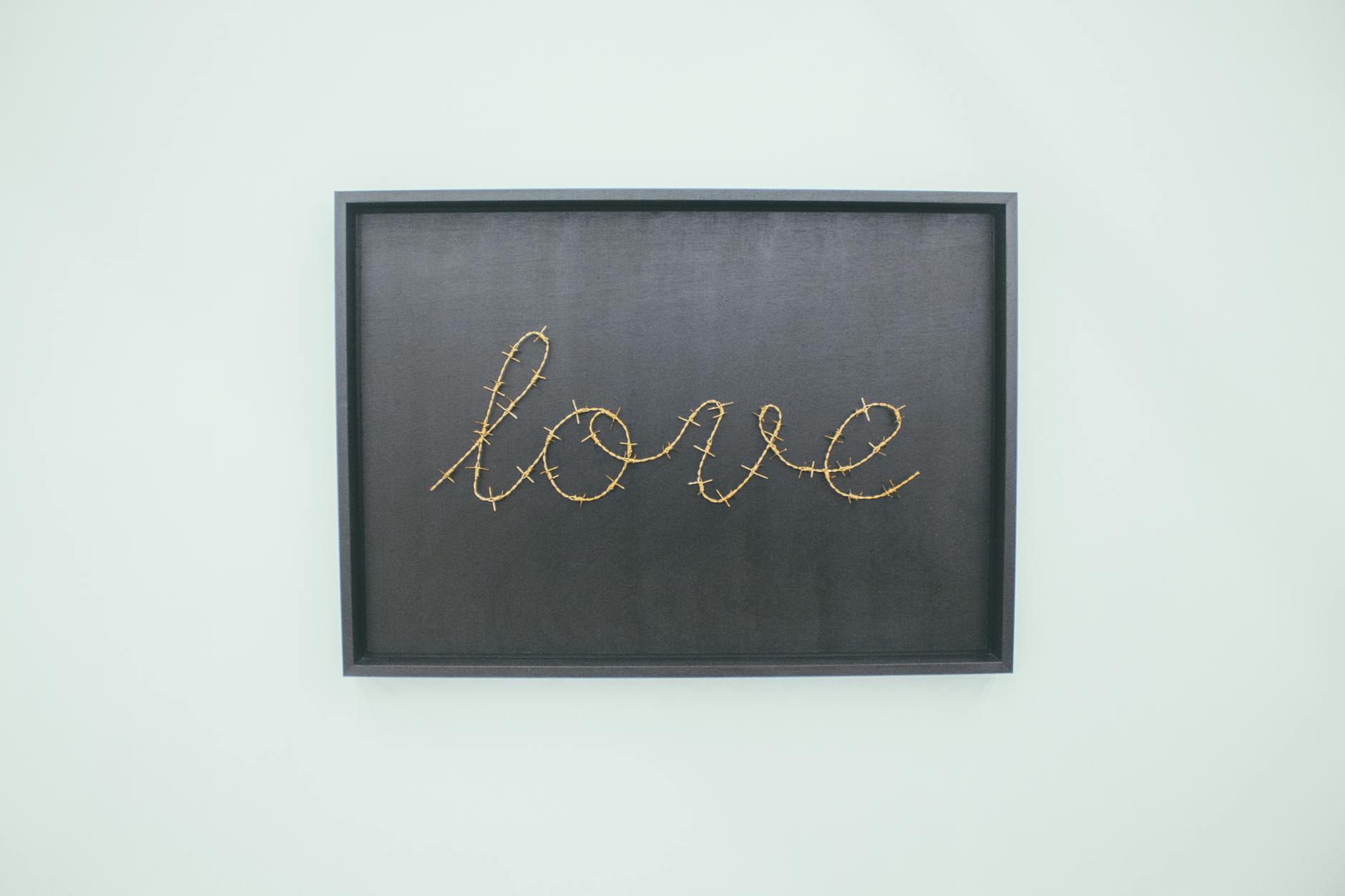Our Relationship with Food

We all know that food is needed for survival. That's why most of us have committed to three meals a day; but in our society food also has strong reward and punishment connotations attached to it. We learned about these from an early age. When we were good we are rewarded with treats like cookies, birthday cakes or maybe our favourite dish. When we were bad we may have been punished without any supper or we may have refused to eat out of principle.
Our relationship with food is lifelong and it changes with the different stages of our lives. When we are young we are exploring our palates for the first time but most of what goes in is controlled by our parents, when we are old it will be controlled by our children (or whatever institution we will find ourselves in). Now is the time we are most in control. We can experiment with something new or stick with the same old menu and continue the same old habits.
This week as you are preparing your meals for yourself or your family, think about your relationship with food. Not in the good or the bad sense but in a matter-of-fact exploration of what you eat and how you eat it. If you haven't tried something new in a while make a point of exciting your taste buds with something you wouldn't normally eat. If you are a big meat eater try a meatless dish. Try a new vegetable, fruit or recipe.
When you are thinking about your relationship with food do so from a place of no blame. Pretend you're a scientist doing research -- in other worlds try to keep the emotions out of it. If you have children observe what habits you are passing along to them. Where did you learn your relationship with food (what habits were passed along to you)? Observe your family's relationship with food and eating.
You might even want to journal your findings -- both positive and negative. It's easy to point out all our negative eating habits but make sure you document all the good ones too. Don't turn this in to a weight loss journal. This has nothing to do with weight loss. This is all about understanding your personal relationship with food.
Some ideas for when to document: First thing in the morning, before eating a meal, during eating a meal, after eating a meal, while preparing a meal, after a family get together (or friends), or at the end of the day.
Focus your energy on your relationship with food and see what you come up with. You will probably learn more than expected.
M. E. Wood lives in Eastern Ontario, Canada. She has been a content writer for ten years and a blogger for six. If you are going to find this eclectic reader and writer anywhere it is probably at her computer. For more information visit her official website.
***
Our relationship with food is lifelong and it changes with the different stages of our lives. When we are young we are exploring our palates for the first time but most of what goes in is controlled by our parents, when we are old it will be controlled by our children (or whatever institution we will find ourselves in). Now is the time we are most in control. We can experiment with something new or stick with the same old menu and continue the same old habits.
This week as you are preparing your meals for yourself or your family, think about your relationship with food. Not in the good or the bad sense but in a matter-of-fact exploration of what you eat and how you eat it. If you haven't tried something new in a while make a point of exciting your taste buds with something you wouldn't normally eat. If you are a big meat eater try a meatless dish. Try a new vegetable, fruit or recipe.
When you are thinking about your relationship with food do so from a place of no blame. Pretend you're a scientist doing research -- in other worlds try to keep the emotions out of it. If you have children observe what habits you are passing along to them. Where did you learn your relationship with food (what habits were passed along to you)? Observe your family's relationship with food and eating.
You might even want to journal your findings -- both positive and negative. It's easy to point out all our negative eating habits but make sure you document all the good ones too. Don't turn this in to a weight loss journal. This has nothing to do with weight loss. This is all about understanding your personal relationship with food.
Some ideas for when to document: First thing in the morning, before eating a meal, during eating a meal, after eating a meal, while preparing a meal, after a family get together (or friends), or at the end of the day.
Focus your energy on your relationship with food and see what you come up with. You will probably learn more than expected.
M. E. Wood lives in Eastern Ontario, Canada. She has been a content writer for ten years and a blogger for six. If you are going to find this eclectic reader and writer anywhere it is probably at her computer. For more information visit her official website.

Related Articles
Editor's Picks Articles
Top Ten Articles
Previous Features
Site Map
Content copyright © 2023 by Moe Wood. All rights reserved.
This content was written by Moe Wood. If you wish to use this content in any manner, you need written permission. Contact Nicole Sedmina for details.



